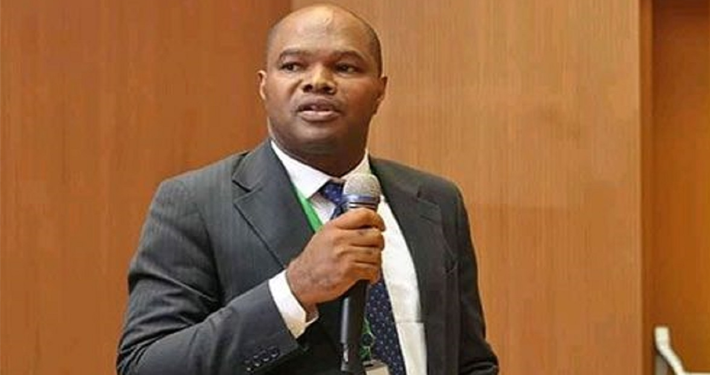The Director-General of the Abuja Chamber of Commerce and Industry (ACCI) has raised alarm over the systemic challenges faced by women entrepreneurs in Nigeria, particularly in accessing finance and securing government or private sector contracts. Speaking at a stakeholders’ meeting in Abuja, supported by the Investment Climate Reform (ICR) Facility, he called for urgent policy reform to address the gap.
At the heart of the issue, he said, is the absence of a formal, national definition for Women-Owned Businesses (WoBs), which continues to sideline millions of women from economic opportunities. Despite their growing presence across boardrooms, markets, farms, and digital spaces, women entrepreneurs remain underserved due to the lack of policy clarity.
He explained that this policy vacuum has created an invisible barrier, hindering women’s access to targeted financing and making it difficult for institutions to gather gender-specific business data or roll out impactful support programmes. In contrast, other African countries with established WoB definitions have successfully used them to unlock funding opportunities and drive inclusive enterprise development.
According to him, government agencies, banks, and donors currently have no unified benchmark for identifying women-owned enterprises, which means many women fall through the cracks of support systems designed for their benefit.
In response, the ACCI, with backing from the ICR Facility, facilitated a major policy dialogue involving government bodies, civil society groups, women’s business networks, and the private sector. The result was the adoption of a working definition for WoBs on May 1, 2025, through a Joint Action Committee that includes various Ministries, Departments, and Agencies.
He stressed that the ACCI is now pushing for this working definition to be formally adopted at the national level, with continued support from international partners such as the European Union, the Organisation of African, Caribbean and Pacific States, the German Federal Ministry for Economic Cooperation and Development (BMZ), and the British Council.
To build momentum, he announced a business breakfast meeting scheduled for June 10, 2025, bringing together stakeholders from government, financial institutions, and women’s enterprise groups. The aim is to move beyond dialogue and toward concrete policy action.
He concluded by stating that adopting a national definition of women-owned businesses is more than just a symbolic step—it is about unlocking inclusive economic growth, creating fair access, and enhancing Nigeria’s global economic competitiveness.










